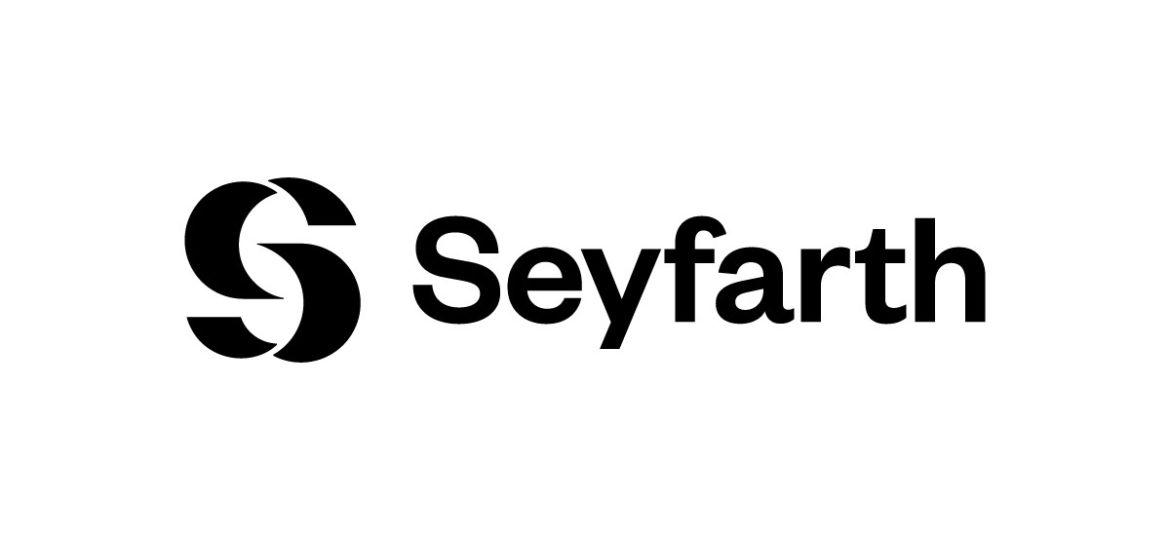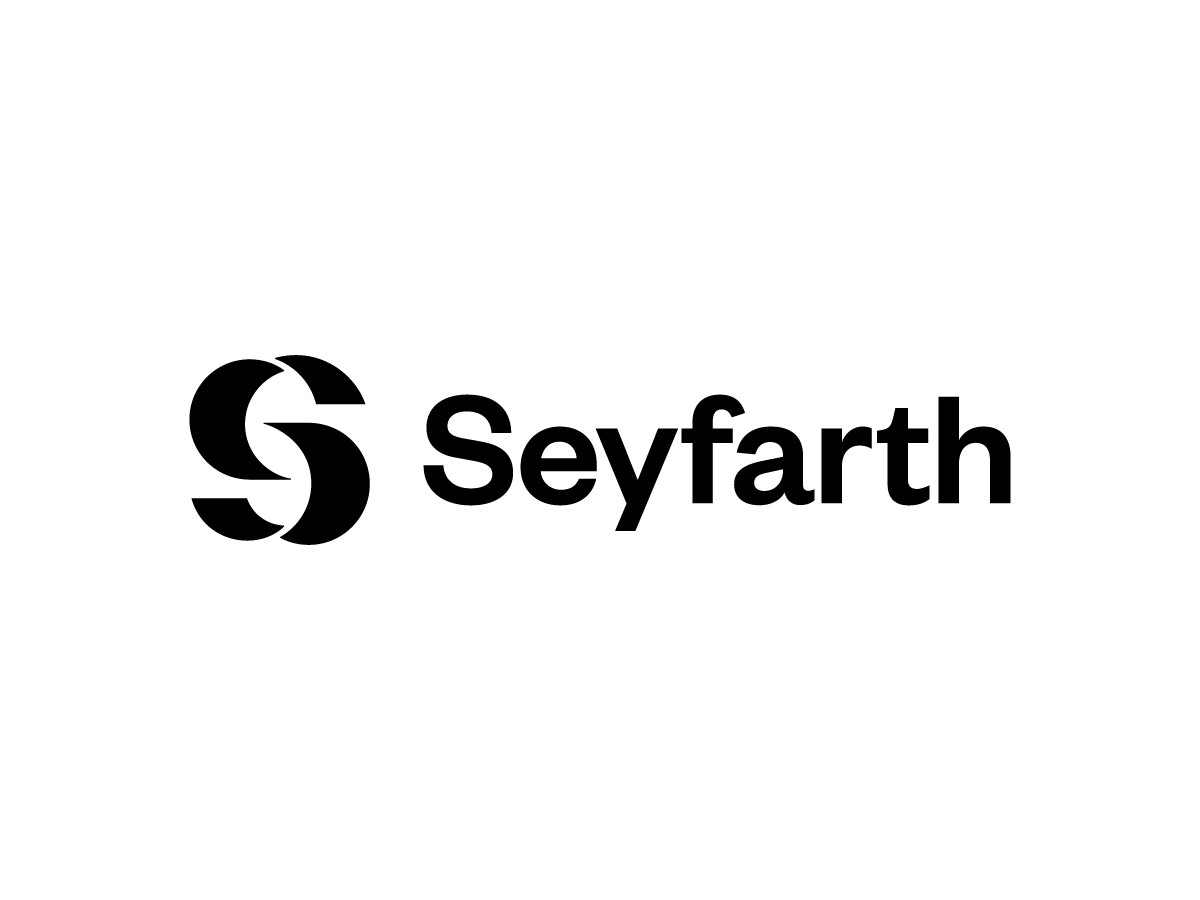

- Dispensaries
- Processors
- Commercial Growers
The legislation allows the Oklahoma medical Marijuana Authority authorization to terminate the moratorium before the statutory date.
Earlier in 2022, Oregon enacted a similar two-year license moratorium.
- Legalizes possession of small amounts of marijuana and cultivation of up to three mature and three immature cannabis plants per dwelling for personal use.
- Permits and taxes legal recreational sales from licensed retailers starting December 1, 2022.
- Allows up to 24 new licensed retailers in the state. The nine existing medical marijuana compassion centers may also convert to sell to recreational customers, for a maximum of 33 retailers.
- Creates a three-member commission and cannabis office to implement and administer cannabis laws.
- Sets a date of July 1, 2024 for automatic expungement of cannabis possession convictions.
The South Dakota Secretary of State validated Initiated Measure 27, a ballot measure to legalize the possession, use, and distribution of marijuana.
If passed, the initiative would allow use, distribution, and possession of up to one ounce of marijuana for adults 21 and older and home cultivation of up to three marijuana plants in a jurisdiction where there are no marijuana stores. The initiative does not establish a licensed recreational marijuana market.
Initiated Measure 27 will be on the November 8, 2022 general election ballot.
The US Court of Appeals for the Ninth Circuit affirmed a lower court ruling holding that delta-8 THC is a legal hemp product under the 2018 Farm Bill and not marijuana or a synthetic cannabinoid.
Delta-8 THC is a psychoactive substance that has been marketed as having similar effects to marijuana. In the absence of federal guidelines, states took varying approaches to classifying delta-8.
Retail adult-use cannabis sales begin at 13 existing medical dispensaries across New Jersey. In 2021, the state was one of several to pass legalization legislation.
The state’s Cannabis Regulatory Commission is accepting applications for new recreational cannabis licenses.
- Remove marijuana from the federal list of controlled substances.
- Expunge some marijuana-related criminal records.
- Provide for reinvestment in certain individuals adversely impacted by the War on Drugs.
The House passed similar legislation in 2020, but it failed to pass the Senate. This is the latest of several pieces of legislation that have passed by the House, but not the Senate, to legalize marijuana and/or permit financial institutions to provide services to marijuana businesses.
Maryland voters will have the opportunity to vote on a state constitutional amendment legalizing marijuana in the 2022 general election.
The House of Delegates approved proposed amendment language that would legalize the use and possession of cannabis for adults 21 and older.
If approved by voters, the amendment would take effect on July 1, 2023.
Licensed adult-use recreational marijuana sales start in New Mexico.
In 2021, the state enacted the Cannabis Regulation Act, which legalized adult use of marijuana and set the mechanisms for licensing and regulation of the market (NMSA 1978, §§ 26-2C-1 through 26-2C-42).
- A prior cannabis-related criminal offense prior to March 31, 2021.
- Experience owning and operating a qualifying business in New York.
- Require pesticide testing on all cannabis products.
- Enable the agency to test marijuana products for heavy metals.
- Allow time for sell-through of existing products.
- Make other technical changes to testing procedures.
The rules will be effective on April 2, 2022.
New York Governor Kathy Hochul signed legislation creating a Conditional Adult-use Cannabis Cultivator License. This license allows existing hemp licensees to grow adult-use cannabis outdoors or in a greenhouse for up to two years, subject to social equity requirements and other conditions.
Conditional Adult-use Cannabis Cultivator Licensees may also manufacture and distribute cannabis flower without processor or distributor licenses until June 1, 2023.
- Operation of the medical marijuana program will shift from the Department of Health to the Office of Cannabis Management.
- Restrictions on naming conventions will be removed, allowing products to include names of cannabis strains, if approved by the agency.
Once approved, the regulations are subject to a 60-day comment period.
- Renames the Marijuana Regulatory Agency the Cannabis Regulatory Agency (CRA).
- Moves responsibility for overseeing hemp processing, distribution and sales from the Michigan Department of Agriculture and Rural Development (MDARD) to the CRA.
MDARD will continue to regulate hemp cultivation. The changes take effect April 13, 2022.
February 4, 2022
The U.S. House of Representatives passed the America COMPETES Act, which includes the Secure and Fair Enforcement (SAFE) Banking Act. The SAFE Act would enable cannabis businesses to use federally insured banking institutions.
The SAFE Banking passed the House several times in previous years, both as a standalone bill and attached to other legislation, only to fail to advance in the Senate each time.
- Allows registered patients with qualifying conditions to purchase a daily maximum of:
- 3.5 grams of medical cannabis flower;
- one gram of cannabis concentrate; or
- 100 milligrams of THC in infused product per day.
- Prohibits any financial incentives for the marijuana industry from the Mississippi Development Authority.
- Grants oversight responsibilities to the Mississippi Department of Health.
- Does not limit on the number of licenses.
In 2020, voters approved a medical marijuana program, but the following year, the state Supreme Court voided the initiative on technical grounds.
The Connecticut Department of Consumer Protection announced a schedule for accepting applications for adult use cannabis licenses, the first since the state legalized marijuana in 2021. Dates are staggered, with license types accepted for:
Disproportionately Impacted Area Cultivator and Retailer on February 3, 2022.
- Micro-cultivator on Feb. 10, 2022.
- Delivery Service on February 17, 2022.
- Hybrid Retailer on February 24, 2022.
- Food and Beverage on March 3, 2022.
- Product Manufacturer on March 10, 2022.
- Product Packager on March 18, 2022.
- Transporter on March 24, 2022.
The initial application period runs for 90 days after each license type is open for applications.
- Louisiana. Licensed pharmacies may dispense raw or crude marijuana to patients.
- Montana. Adult-use sales are now permitted in so-called “green counties” where a majority voted for the 2020 legalization initiative. All sellers are currently existing medical licensees. The state Department of Revenue is accepting applications for new license classes.
- Oregon. Legislation clarifies the definition of “commonly owned” for licensing purposes and specifies reasons for license revocation and denial. Amended packaging, labeling, and product transfer rules also take effect.
- Vermont. Updates to state cannabis laws clarify advertising restrictions and expand social equity provisions.

